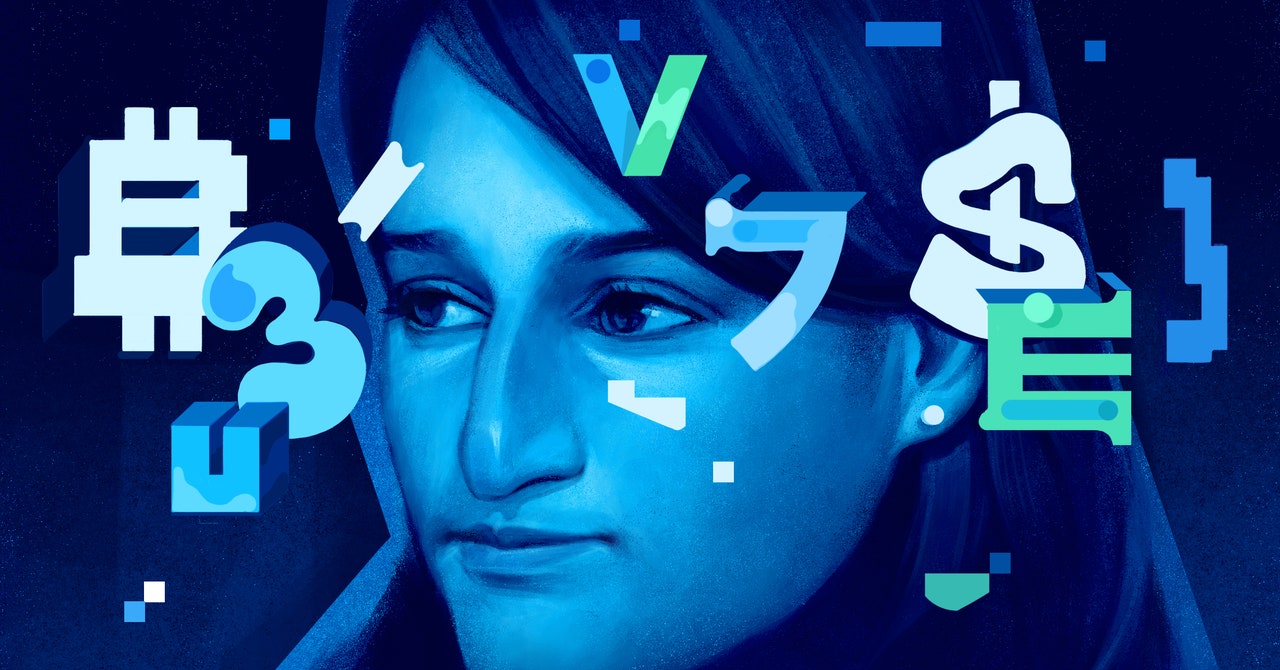“This is the story of the revelation in late 2013 that Bitcoin was, in fact, the opposite of untraceable—that its blockchain would actually allow researchers, tech companies, and law enforcement to trace and identify users with even more transparency than the existing financial system.”
The main way criminals are caught is when they transfer their crypto to an exchange so they can convert it to cash. Law enforcement will subpoena the exange and ask “Hey, who exchanged 0.7886 bitcoin for cash on this date?” and they will get their identity. Using the public ledger, they will be able to trace the transactions done and show that this person sent money to an address advertised as belonging to a trafficking site, an illegal market, or recieved money from the bad wallet address.
The address owner is anonymous until there is a source of data that ties information the wallet, and often transactions can be used to do that, just as any way to advertise a wallet belongs to you can, or any way to exchange crypto to cash can.
Which part of public ledger they don’t understand?
I remember when Bitcoin first came out and one of the selling points of bitcoin was that literally anyone could trace the transfers using the wallet codes and what not no? I don’t ever remember there being claims that it was untraceable at least as the selling point to the average consumer. There was even tools in like 2012 for tracking whether stuff internally in bitcoin was stolen or whatever…
“While the taint analysis tool aims at measuring the “correlation” between two addresses, there is another notion of taint in the Bitcoin community which refers to the percentage of bitcoins, that come from a known theft or scam and have been blacklisted by popular exchange markets. For example, in 2012 the bitcoin exchange Mt.Gox froze accounts of customers, who owned bitcoins that could be directly related to such an incident [20].” https://maltemoeser.de/paper/money-laundering.pdf
I think people confuse anonymity (similar to the made up names we use here, or character names in online games, and your wallet ID in a crypto coin) to privacy. Technically, if you receive all your funds in crypto, and you spend all the crypto directly (on goods and services that do not require you to give any PII) without it ever turning to fiat. Then yes, it is anonymous but not private. People can see that wallet hash x received funds from wallet hash y and send some of that to wallet hash z and will be able to confirm that for as long as a copy of the ledger exists somewhere.
Really not sure a codebreaker needed to work this out. Anyone that spent a bit of time understanding how it worked would realise this right away. I have no doubt though, that many people had a total pikachu face when their barely concealed illegal activities were easily discovered.
I don’t think this story is correct, just to chime in with everybody else. It was explicitly stated that bitcoin was a public ledger in the whitepaper.
There’s a difference between “bitcoin is a public ledger” and “we can determine that Alice paid Bob 1 bitcoin”.
The bitcoin devs thought they could achieve the “public ledger” part while avoiding the second part. It turns out they couldn’t.
What part do you not consider correct?
That someone busted the myth of Bitcoin four years after it was made public knowledge that bitcoin was not anonymous.
There was no myth to bust. Bitcoin was explicitly public from its inception.






